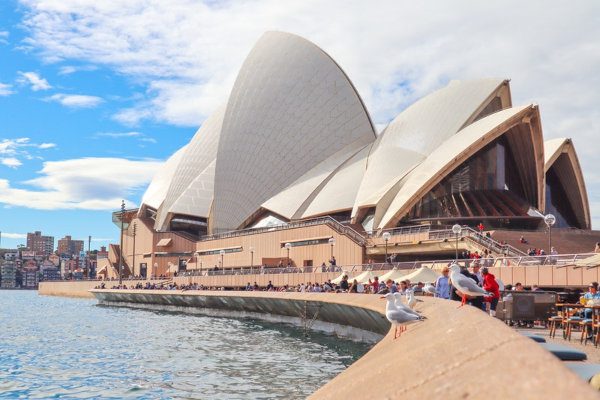Most Recent
-
 বাস্কারভিলের হাউন্ড - বাংলা রূপান্তরঃ মোঃ জিয়াউর রহমান
৳ 200.00
বাস্কারভিলের হাউন্ড - বাংলা রূপান্তরঃ মোঃ জিয়াউর রহমান
৳ 200.00
-
 চোখ - বাংলা হরর উপন্যাস
Rated 5.00 out of 5৳ 100.00
চোখ - বাংলা হরর উপন্যাস
Rated 5.00 out of 5৳ 100.00 -
 Blueprints in Neurology By Frank W. Drislane
৳ 500.00
Blueprints in Neurology By Frank W. Drislane
৳ 500.00
-
 The Spine By Rothman-Simeone & Herkowitz’s
৳ 850.00
The Spine By Rothman-Simeone & Herkowitz’s
৳ 850.00






































